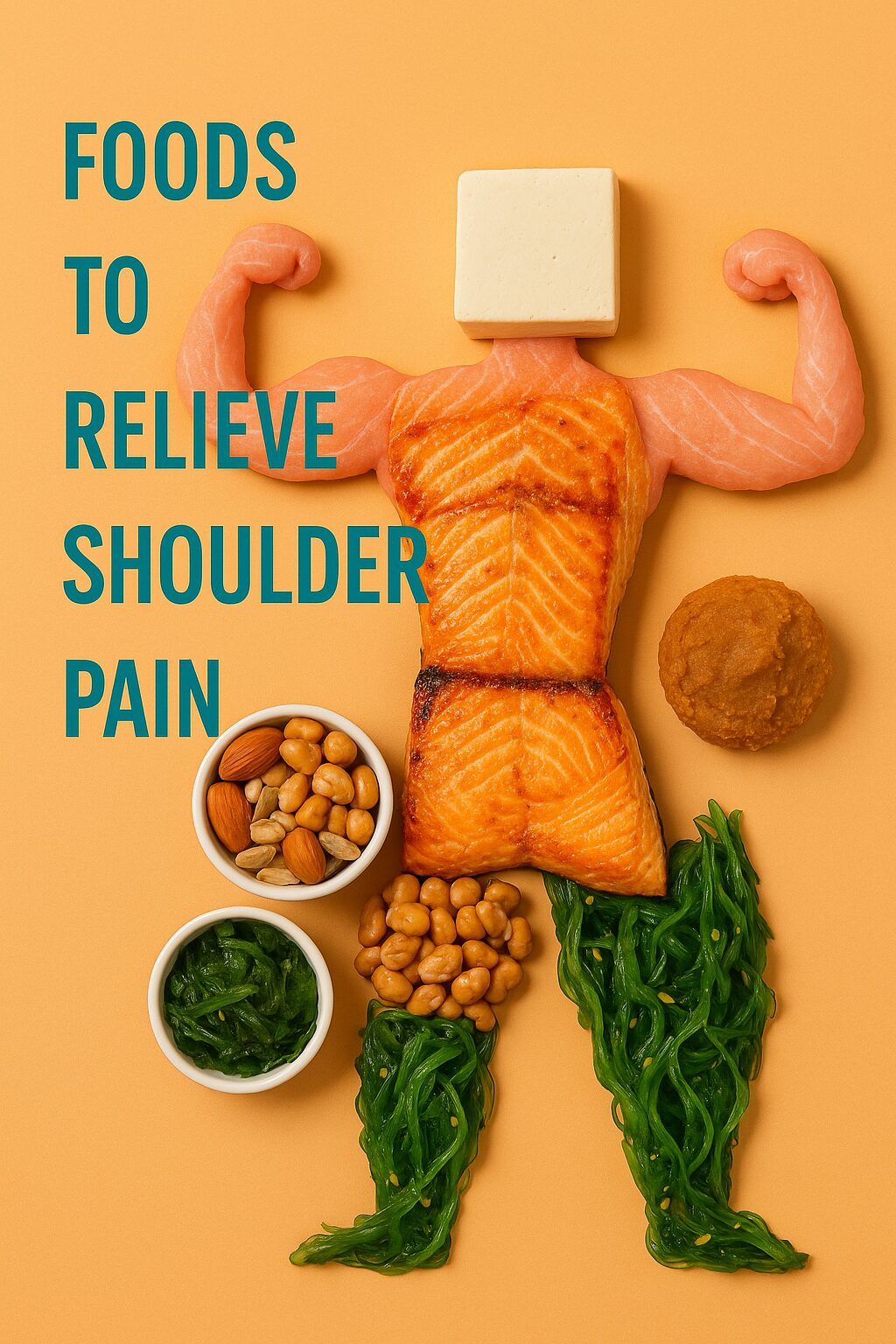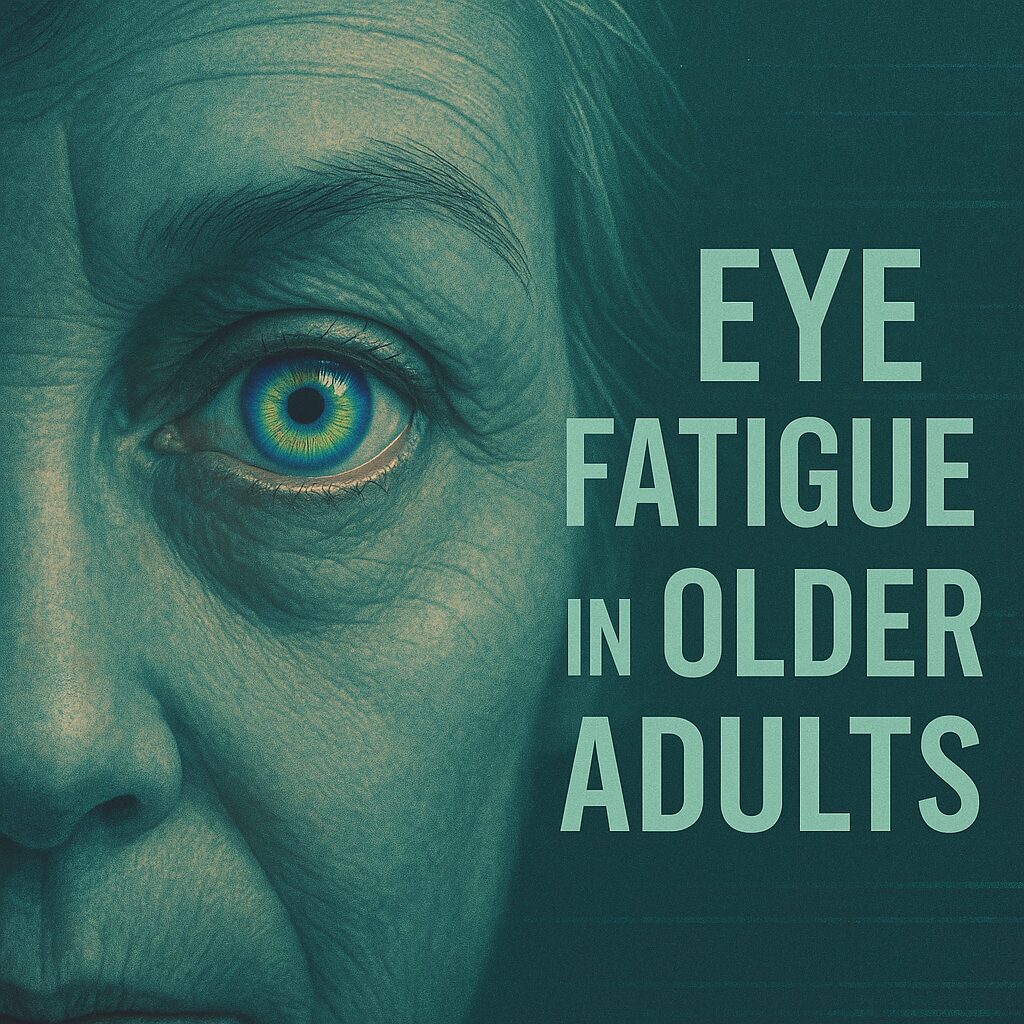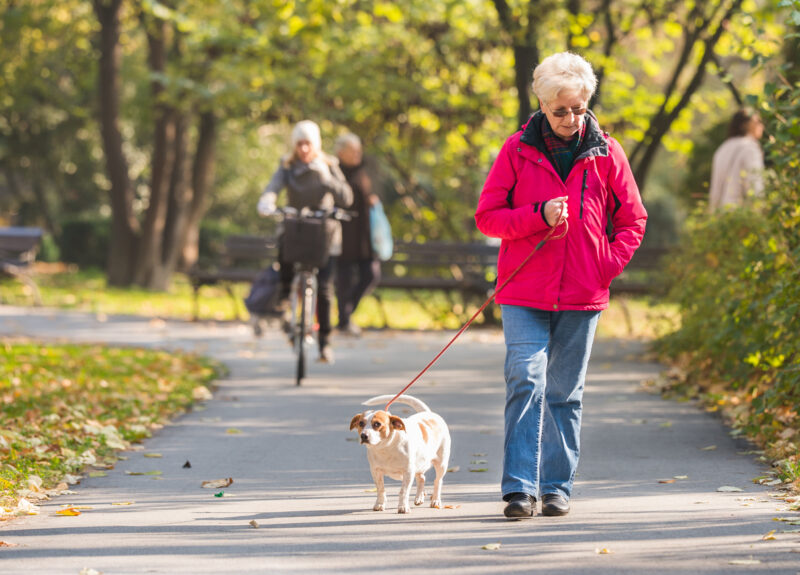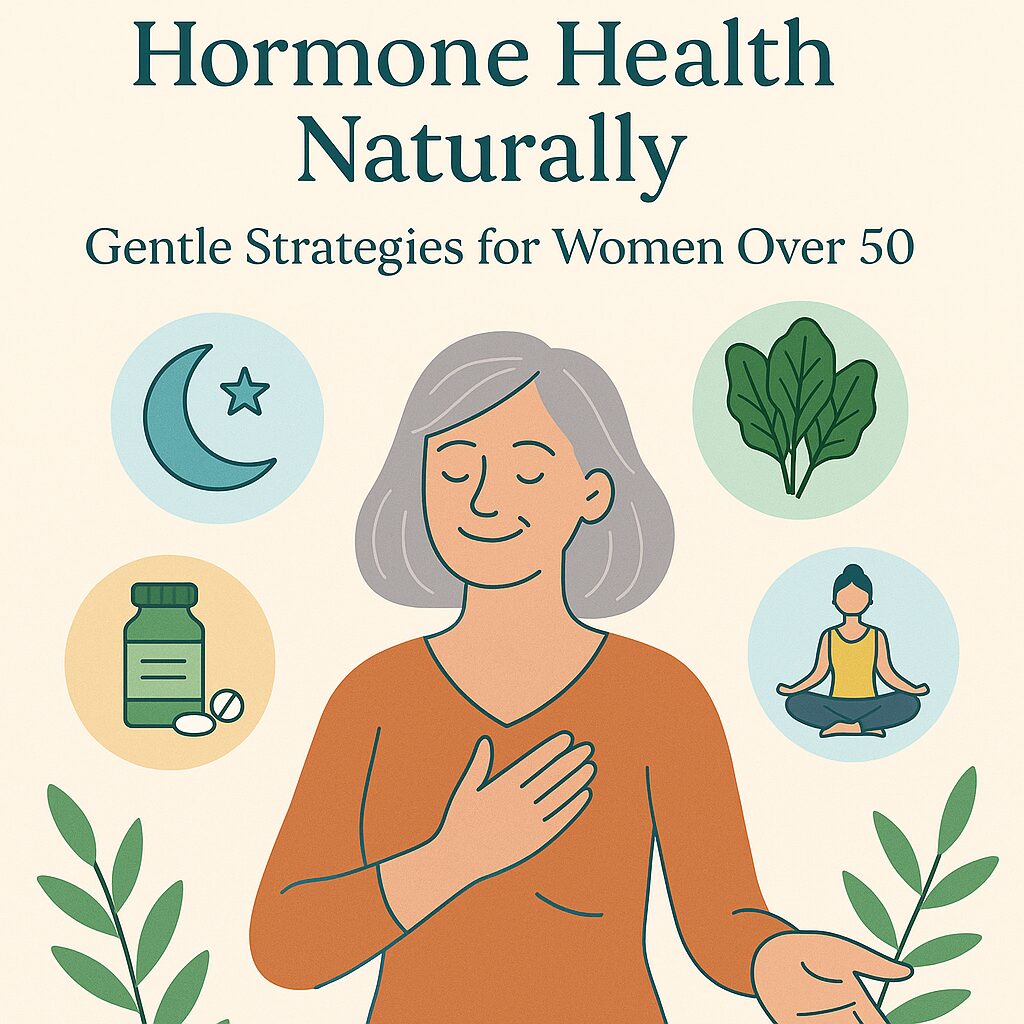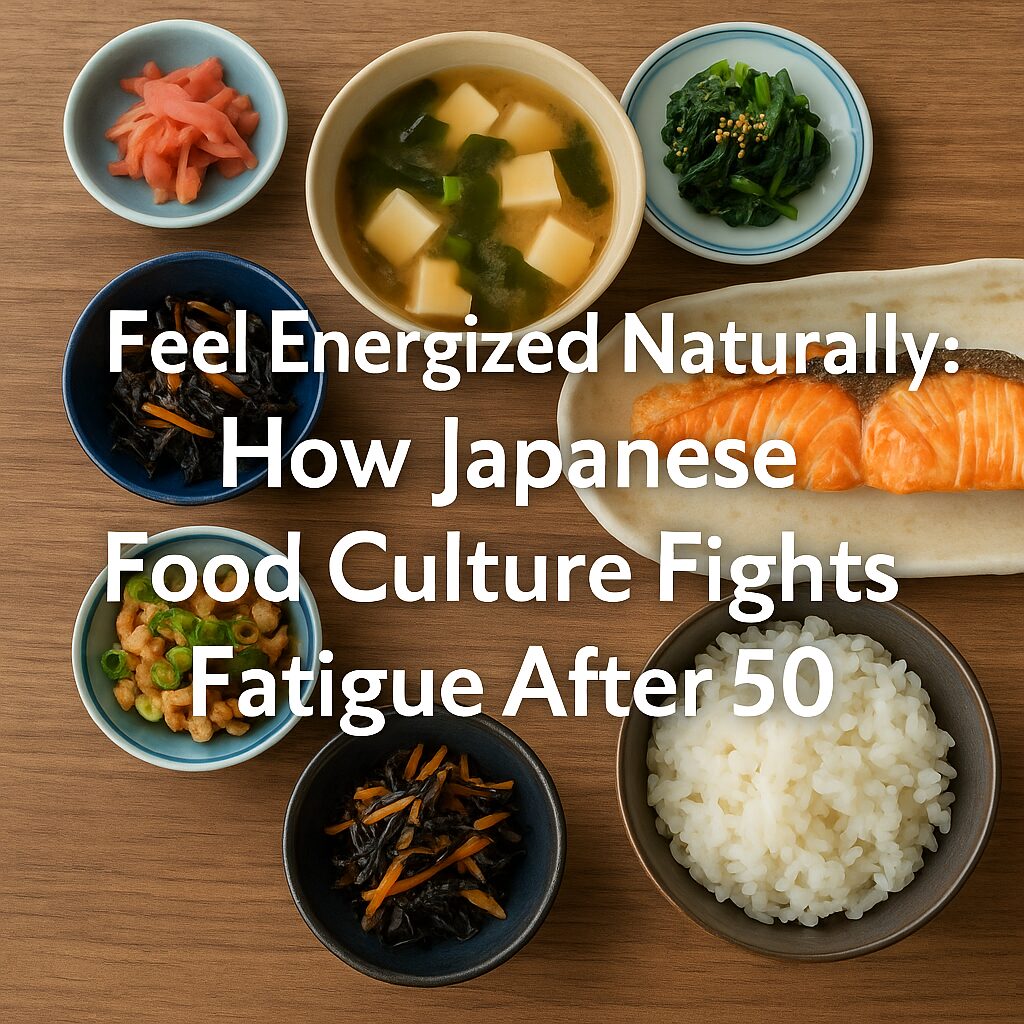Shoulder pain affects millions of people, especially women over 50. While massages and painkillers offer temporary relief, they often fail to address the root causes. One powerful, long-term solution lies in your kitchen. By focusing on circulation-boosting foods and traditional Japanese dietary wisdom, you can reduce shoulder stiffness naturally and sustainably.
Why Shoulder Pain Happens — And How Blood Flow Plays a Role
Common Causes of Shoulder Pain
Poor posture, stress, and aging muscles are all common triggers. However, for women over 50, hormonal changes during menopause also play a key role. As estrogen levels drop, circulation tends to decline, leading to muscle tension and stiffness in areas like the shoulders and neck.
The Role of Blood Flow in Muscle Health
Healthy blood circulation brings oxygen and nutrients to your muscles and removes waste. When blood flow slows, muscles tighten and recover more slowly from daily stress. That’s why enhancing circulation through food and lifestyle is essential for shoulder pain relief.
Key Nutrients That Help Ease Shoulder Pain
Your diet can be your first line of defense against muscle stiffness. Certain nutrients help relax muscles, reduce inflammation, and support hormonal balance.
Magnesium
Magnesium helps muscles relax and supports healthy nerve function. A deficiency may lead to cramping and tightness.
Sources:
-
Seaweed
-
Tofu
-
Leafy greens
-
Nuts and seeds
Learn more about magnesium and muscle health here.
Omega-3 Fatty Acids
Omega-3s reduce inflammation in joints and muscles. They’re especially helpful for people with chronic pain.
Sources:
-
Mackerel
-
Salmon
-
Sardines
-
Chia seeds
Vitamin E
This antioxidant improves blood vessel flexibility and supports circulation. It also helps reduce oxidative stress in muscle tissue.
Sources:
-
Almonds
-
Sunflower seeds
-
Spinach
Isoflavones (Soy Compounds)
Isoflavones mimic estrogen in the body, helping restore hormonal balance during and after menopause. This can indirectly improve blood flow and muscle tension.
Sources:
-
Fermented soy products like miso and natto
Traditional Japanese Foods That Support Muscle Relaxation and Circulation
Traditional Japanese cuisine naturally includes many of the nutrients listed above. Its emphasis on plant-based ingredients, fermented foods, and healthy fats makes it an excellent model for shoulder pain relief.
Miso: Fermented Soy for Hormonal and Digestive Health
Miso, made from fermented soybeans, contains isoflavones and beneficial probiotics. The fermentation process enhances nutrient absorption, supports gut health, and may help balance hormones — all of which contribute to reduced inflammation and muscle tension.
Try adding a small bowl of miso soup to your meals. It’s a simple, comforting way to support your body from within.
Natto: A Superfood for Circulation
Natto is a powerful fermented food rich in vitamin K2, which supports both bone and blood vessel health. It also contains nattokinase, an enzyme shown to help prevent blood clotting and support smooth circulation.
While natto’s strong flavor may be challenging for some, it’s worth exploring for its unique health benefits.
Read a clinical overview of nattokinase here.
Grilled Fish: Omega-3 Power from the Sea
Japanese meals often include grilled fish like salmon or mackerel, both rich in omega-3 fatty acids. These fats reduce inflammation, enhance blood flow, and protect muscles and joints. Aim to include fatty fish at least twice a week for maximum benefit.
Seaweed: A Mineral-Rich Circulation Booster
Seaweed (wakame, kombu, nori) is high in magnesium, iodine, and other trace minerals that support nerve and muscle function. It also has natural anti-inflammatory properties.
Add it to miso soup, salads, or enjoy it as a side dish for a simple way to increase your nutrient intake.
Natural Supplement Support — When Diet Alone Isn’t Enough
Even with the best diet, it’s not always easy to get all the nutrients your body needs — especially during hormonal transitions. In such cases, natural supplements can fill the gap and support your body’s healing mechanisms.
Juveriente Effisoy®: Natural Support for Hormonal Balance
Effisoy is a Japanese menopause supplement that features aglycone isoflavones derived from fermented soy. These isoflavones are easier for the body to absorb and may help restore your body’s natural ability to produce DHEA, a precursor to estrogen. By supporting hormonal balance, Effisoy contributes to improved blood flow, reduced muscle tension, and better energy levels overall.
This is especially valuable for women experiencing shoulder stiffness as part of menopause-related symptoms.
 The only supplement to contain fermented soy isoflavone beside Japan.
The only supplement to contain fermented soy isoflavone beside Japan.
Juveriente Bone Strength Complex: Circulation and Bone Health
This supplement contains extract powder from Japanese mandarin oranges, rich in β-Cryptoxanthin, a carotenoid shown to support both bone health and circulation. Combined with essential minerals like calcium and vitamin D, it supports the vascular system that supplies your joints and muscles.
Learn more about β-Cryptoxanthin’s effects here.
Together, these products align with the philosophy of Japanese wellness: supporting the body’s internal balance through natural, plant-based ingredients.
Conclusion — Combine Tradition with Natural Support
Shoulder pain isn’t something you have to simply live with. Instead of masking it with temporary solutions, consider building long-term habits that enhance blood flow, reduce inflammation, and support your body’s natural functions.
Start with your plate. Traditional Japanese foods like miso, natto, grilled fish, and seaweed provide powerful nutrients that work with your body to ease muscle tension. And when needed, add targeted support like Juveriente’s natural supplements to strengthen your efforts.
Your body thrives when you treat it gently yet wisely — and that includes how you eat. A few simple dietary changes can make a world of difference for your shoulders, and your overall health.


